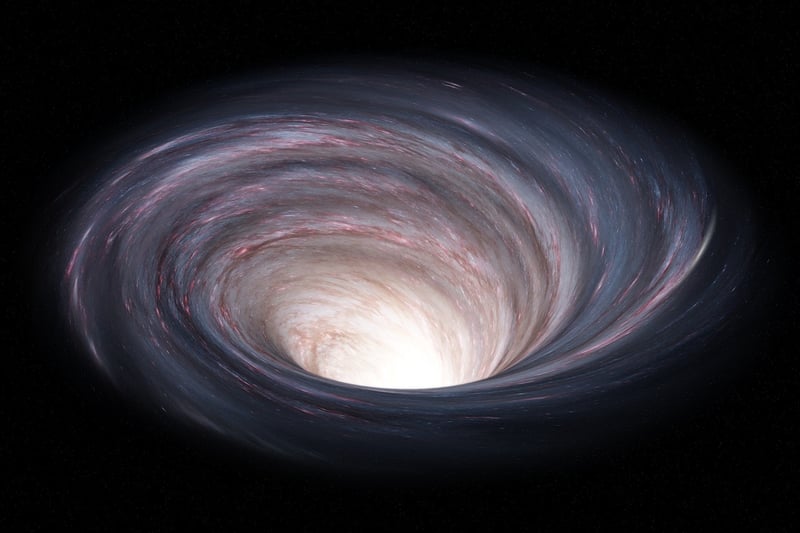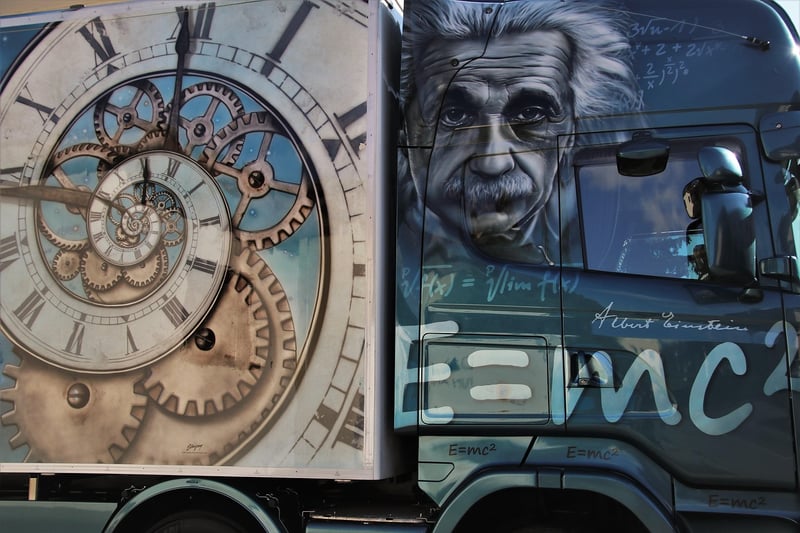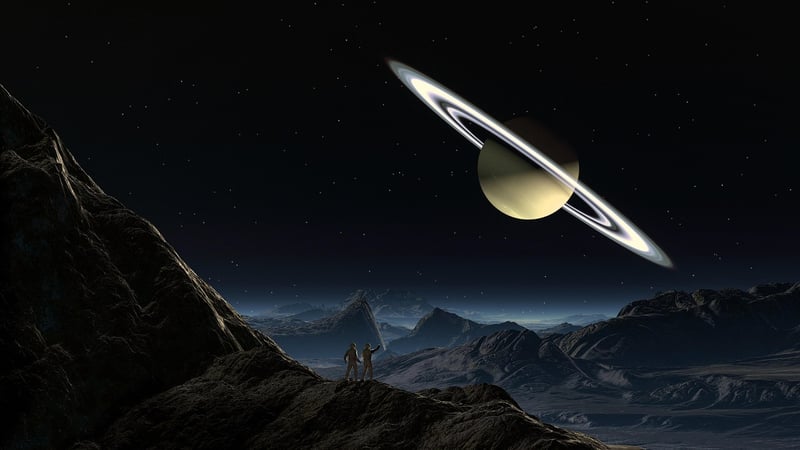Paradoxes
Mechanisms for Time Travel and Paradoxes
Time travel has been a captivating concept in science fiction for decades, sparking the imagination of many. While time travel remains a theoretical concept in physics, various mechanisms have been proposed to theoretically achieve this phenomenon. Let's explore some of these mechanisms and delve into the intriguing topic of time travel paradoxes.
Mechanisms for Time Travel:
1. Wormholes:
Wormholes, also known as Einstein-Rosen bridges, are hypothetical tunnels in spacetime that could create shortcuts for time travel. By connecting two separate points in spacetime, one could potentially travel through a wormhole to reach a different point in time.

2. Time Dilation:
According to Einstein's theory of relativity, time dilation occurs when an object moves at speeds approaching the speed of light. This phenomenon causes time to pass differently for the moving object compared to a stationary observer, potentially allowing for time travel into the future.

3. Tipler Cylinder:
The Tipler Cylinder is a theoretical concept proposed by physicist Frank J. Tipler. It involves a massive spinning cylinder that could theoretically warp spacetime to create closed timelike curves, enabling time travel into the past.

Time Travel Paradoxes:
While the idea of time travel is fascinating, it also raises intriguing paradoxes that challenge our understanding of causality and logic. Some of the well-known time travel paradoxes include:
- The Grandfather Paradox: If a time traveler were to go back in time and prevent their grandparents from meeting, it would create a paradox where the time traveler would never be born. This paradox questions the possibility of altering the past.
- The Bootstrap Paradox: In this paradox, an object or information is sent back in time in an infinite loop with no clear origin. It raises questions about the creation of information and objects without a discernible beginning.
- The Predestination Paradox: This paradox involves a sequence of events where a time traveler unknowingly influences past events, leading to the very future they are trying to prevent. It challenges the concept of free will in a deterministic universe.
Time travel and its associated paradoxes continue to captivate scientists, writers, and enthusiasts alike, fueling discussions on the nature of time and causality in our universe.
